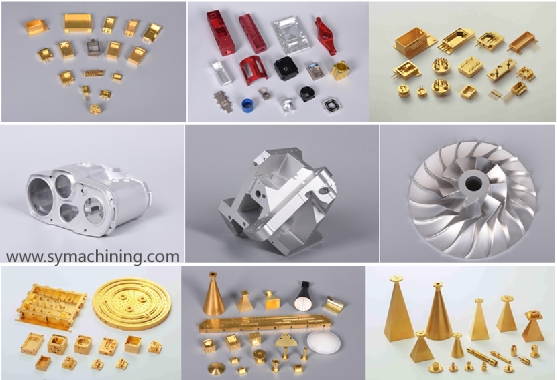5 factors affecting the price of custom machined parts
The cost of custom machined parts can indeed be influenced by various factors. Here are the five factors you need to know.
1. Raw Material: The type of material required for the part plays a significant role in the cost. Materials like titanium, specialty alloys, or certain grades of stainless steel are more expensive than more common materials like aluminum or standard plastics. The cost of materials can fluctuate based on market availability and demand, affecting overall pricing.
2.Machining Process: The complexity of the machining process has a direct impact on price. Operations requiring specialized machinery, such as 5-axis CNC machines, or advanced techniques like electrical discharge machining (EDM), can increase costs. Moreover, the more complex the part’s geometry, the more time and resources are needed, which will also increase the price.
3.Process Control: The level of quality control and inspection required for the part can affect the price. For industries like aerospace and medical devices, the stringent standards for precision and quality may require more comprehensive testing and documentation, which adds to the cost. The higher the standard for tolerance and finish, the more expensive the part will typically be.
4.Order Quantity: The number of parts ordered can significantly influence the unit price. Larger quantities typically reduce the unit cost due to economies of scale, as the setup costs are distributed across a greater number of parts. For small runs or one-off parts, the setup cost constitutes a larger proportion of the total cost, leading to higher prices per unit.
5.Production Capacity: The manufacturer’s available production capacity can also affect cost. If a vendor has to adjust schedules, work overtime, or shift resources away from other projects to accommodate your order, it may result in higher costs. Conversely, if they have idle capacity, they might offer more competitive pricing to secure your business.
It’s always best to discuss these factors with your manufacturer to get accurate pricing and to explore ways to optimize costs without compromising the quality or performance of your machined parts.

